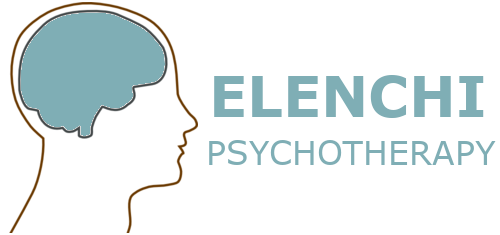We live in a world now where information is freely accessible at the touch of a smartphone, tablet or even laptop. It is very common for us to research services for both our physical and mental health. However, a recent article in the Guardian (published 19th October When therapy goes wrong: the problem of underqualified practitioners | Mental health | The Guardian) highlighted that the ‘social media and smart app’ phenomenon has let to an increase in the public being easily influenced by false or misinformation.
It is important to note that there needs to be stronger regulation on psychotherapists practising in the UK. All psychotherapists should be confident enough to provide details on training and accreditation requirements regardless of where they work.
In the NHS, all healthcare professionals undertake a thorough review of their identity, qualifications and training before gaining employment. However, with private healthcare, the security is not as strong. I would always recommend you ask for therapist for proof of accreditation with their appropriate governing body. I always inform clients about my qualifications and have proof to show this if it is required. I have outlined below a couple of ‘therapist top tips’ to be mindful of if you are pursuing private psychotherapy:
- Ask your therapist for proof of qualifications and accreditation. It is not an insult; it shows you’re wanting to build trust and honesty
- Be mindful about mental health content posted on social media. If you are unsure, then please speak to your nearest healthcare professional
- If you prefer face to face appointments, then please state this with your therapist. Although online sessions can have significant benefits, ask what would work for you?
At Elenchi Psychotherapy, I can provide and show proof of all my training and qualifications for both CBT and EMDR, as well as the relevant accreditation. If you have any other questions or queries then please don’t hesitate to get in touch.
